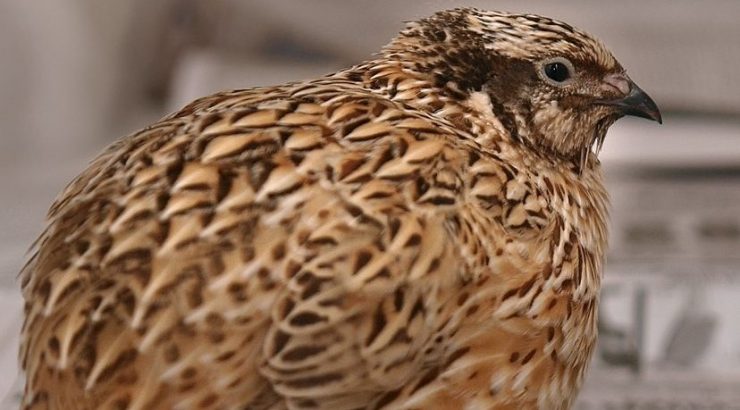
Unraveling the mechanisms that control parental care in birds Findings Published in Scientific Reports Journal
August 18, 2021
When animals become parents, they often need to change their behaviors in ways that allow them to protect and ensure the survival of their offspring. What happens in the brain when an animal becomes a new parent?
In humans, even people who have not experienced pregnancy, such as fathers and adoptive parents, are able to experience behavioral changes. A new study by researchers from Chapman University demonstrates how the brain changes as birds, which do not undergo changes in physiology associated with pregnancy, experience the transition to becoming parental. The results show that as non-reproductive birds become parental, their brains mimic changes observed in female mice post-partum. The results reveal molecules that were not known to have a role in parental care in non-placental species and open new avenues for the understanding of the regulation of parental care across vertebrates. The study was published in the journal Scientific Reports on July 29.
The research makes use of an unusual characteristic of a domesticated bird, the Japanese quail. Over the course of being bred for more egg production, Japanese quail lost their parental behavior. Very few birds are spontaneously parental towards chicks. Interestingly, there is a simple procedure that can help these birds become parental. Dr. Patrícia C. Lopes, an assistant professor of biological sciences in the Schmid College of Science and Technology, induces the birds to become parental towards chicks so that she can study how their physiology, brain, and behavior change.
“If you place these birds in a nest box with small chicks overnight, most of them will show parental behaviors towards chicks the next morning! It was really striking to observe how birds that had no reproductive experience could transition to being parental so quickly,” Lopes said.
Using this setup, Lopes and postdoctoral fellow Dr. Robert de Bruijn studied the molecular differences in the brain of non-breeding birds that spent the night with chicks relative to those that did not. They were surprised to find that very few differences could be detected, but the major molecules that were different also appear to be important in regulating parental behavior and parental aggression in mice.
“It is exciting to observe these similarities between animals that have placentas and those that do not because it might indicate that these mechanisms are evolutionarily conserved. However, we do not yet know the full story. We will continue studying these molecules to understand more precisely how they might support parental behaviors,” Lopes concluded.
The research was funded by the Grand Challenges Initiative at Chapman University.
Scientific Reports
DOI
10.1038/s41598-021-94927-6
METHOD OF RESEARCH
Experimental study
SUBJECT OF RESEARCH
Animals
ARTICLE TITLE
Neurotranscriptomic changes associated with chick‐directed parental care in adult non‐reproductive Japanese quail
ARTICLE PUBLICATION DATE
29-Jul-2021

